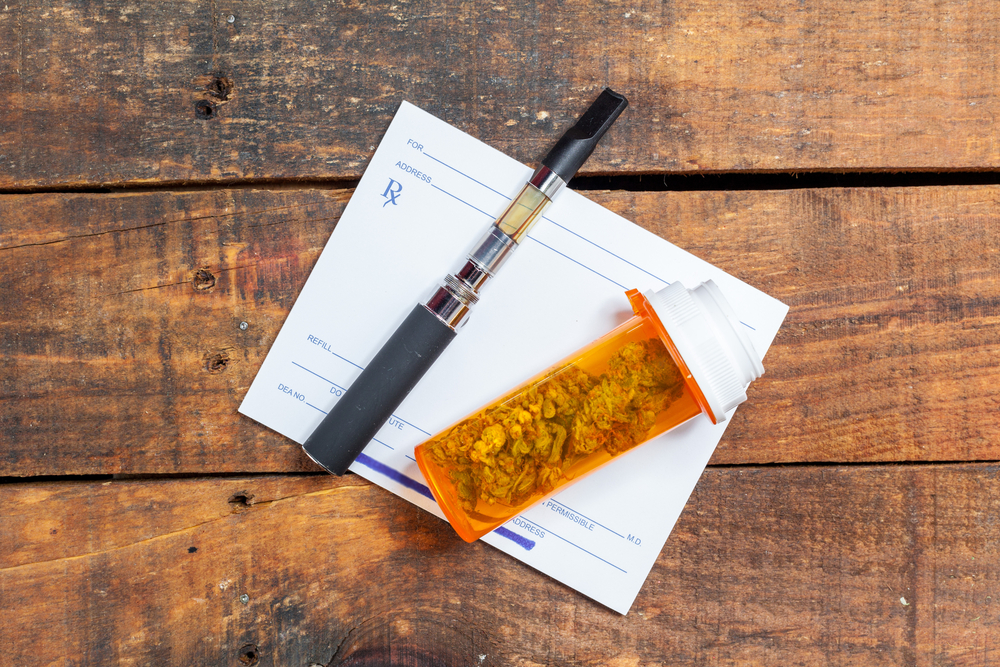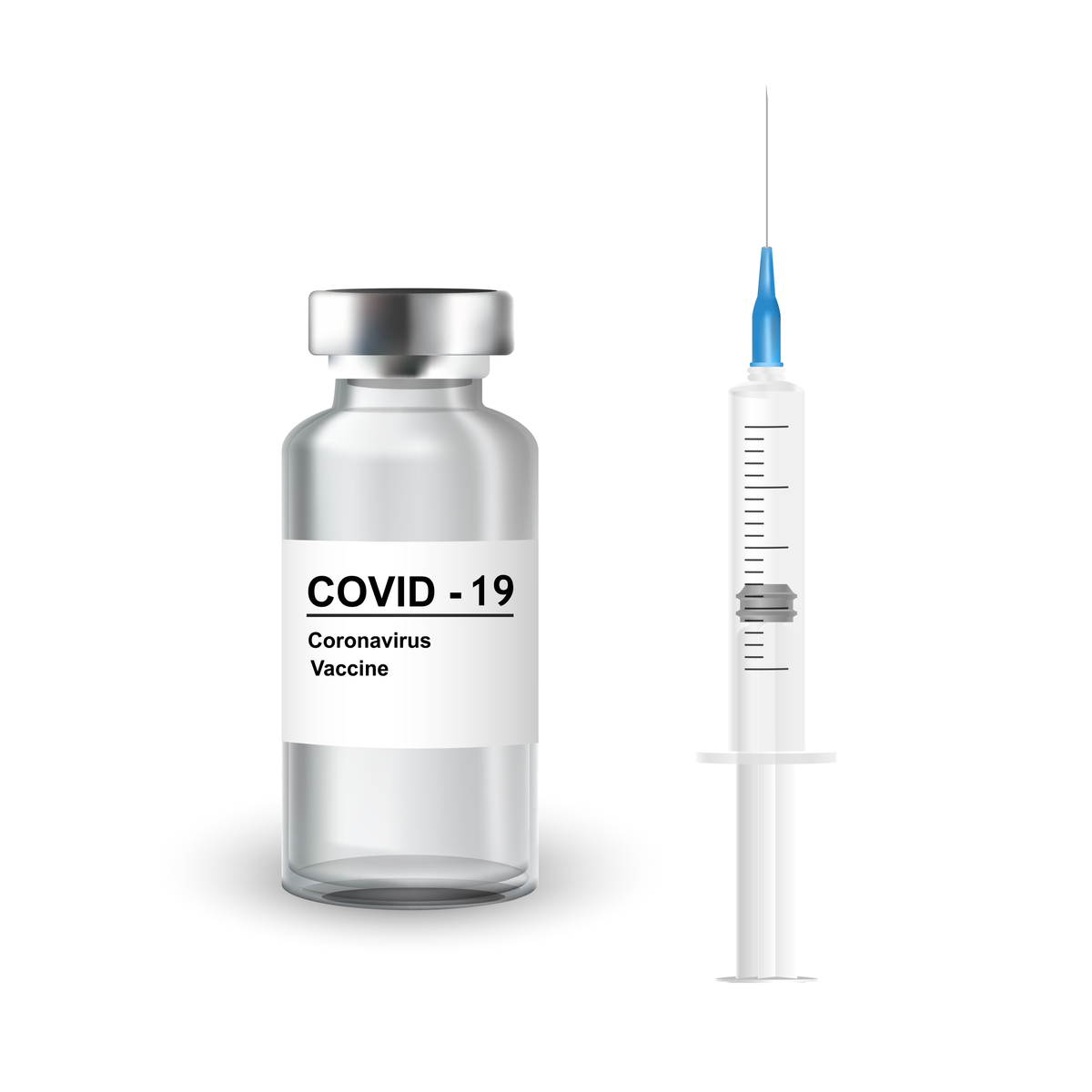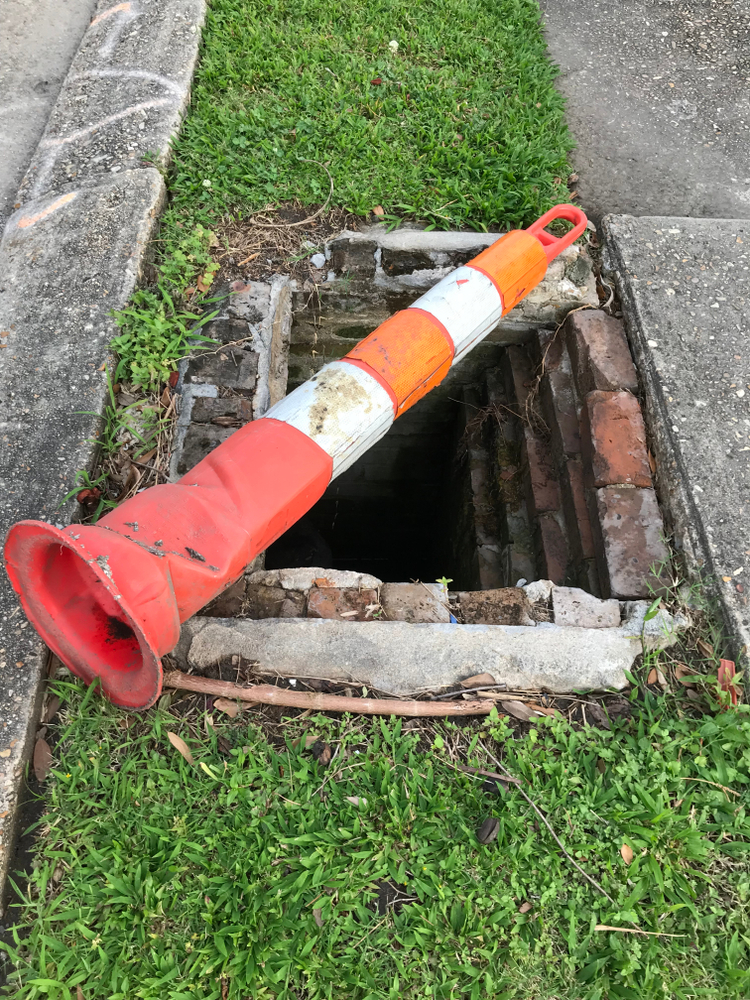Prior to the 1920s, cannabis was a legal drug used for a variety of purposes in America. But during that decade, sentiment began to shift, and Congress started passing bills designed to protect the public from what it deemed poisonous pharmaceuticals. By 1934, most states had adopted the Uniform State Narcotic Drug Act, which was followed by the Marihuana Tax Act of 1937.
In 1970, the tax act was replaced by the Controlled Substances Act, which listed cannabis as a Schedule I drug alongside heroin, LSD, and other dangerous substances. Under the Schedule I definition, cannabis has “no currently accepted medical use and a high potential for abuse.” Of the five scheduling categories for drugs, Schedule I is the most restrictive, while Schedule II drugs can be lawfully accessed through a physician’s prescription though they too have a high potential for abuse.
Over the ensuing decades, advocates have criticized the Schedule I classification of cannabis, while some Congresspersons have fought to alter the law and legalize or decriminalize it. Regardless, the federal government has remained steadfast in its opinion that cannabis is “a dangerous drug and the illegal distribution and sale of marijuana is a serious crime.” It also continues to express concern that more research is needed to demonstrate the drug’s potential effectiveness in treating medical problems and symptoms.
FEDERAL DRUG ADMINISTRATION'S POSITIONS ON CANNABIS
Though the FDA doesn’t approve the cannabis plant itself for medical use, it does allow for the use of certain cannabinoids as ingredients within certain pharmaceuticals. The FDA is on record as stating: “FDA recognizes the potential opportunities that cannabis or cannabis-derived compounds may offer and acknowledges the significant interest in these possibilities.”
From the government’s standpoint, a key reservation seems to be centered on the composition of cannabis plants, which contain both cannabidiol (CBD) and tetrahydrocannabinol (THC). In a nutshell, CBD is more widely recognized for its health benefits while THC features psychoactive properties which offer users a recreational “high” that can alter depth perception, distort sensory responses and slow reaction time.
CBD is commonly used in a wide range of over-the-counter products, including oils, lotions, shampoos and more. As noted by Harvard Health, “CBD products are considered supplements, which aren’t FDA-regulated, and it is illegal for companies to make health or therapeutic claims about the products in their marketing.”
U.S. ATTORNY GENERALS' POSITIONS ON CANNABIS
The cannabis legalization issue hasn’t been ignored by recent White House administrations, but for the most part, changes have only occurred at the state level. In October 2021, former U.S. Attorney General Eric Holder stated his opinion that America is “clearly on the path to decriminalizing marijuana.” However, Holder left office in 2015 having done little but maintain the status quo. Since his departure, there have been nine AGs or acting AGs.
Under the Trump administration, AG Jeff Sessions made headlines for stating that the government should foster “knowledge that this drug is dangerous, you cannot play with it, it is not funny, it’s not something to laugh about . . . . . and to send that message with clarity that good people don’t smoke marijuana.”
Under President Biden, AG Merrick Garland – sworn in on March 11, 2021 – currently serves as the nation’s chief law enforcement officer. While cannabis advocates were initially hopeful Garland would be the agent of change they hoped for, CNN argued the current administration remains “10 years behind the curve.”
Like his predecessors, AG Garland has allowed states to press forward while the federal government continues to watch and wait. As AG nominee, Garland responded to questions from the Senate Judiciary Committee in February 2021, resulting in the following exchange:
Committee: “The Justice Department, as part of the federal government, must enforce federal laws. An area where this has led to confusion is the enforcement of federal law in states where marijuana has been legalized. As you are aware, marijuana is a Schedule I drug under the Controlled Substances Act. Under your leadership, how will you navigate the Justice Department’s enforcement of federal law in states where marijuana has been legalized?”
Garland replied, “I do not think it the best use of the Department’s limited resources to pursue prosecutions of those who are complying with the laws in states that have legalized and are effectively regulating marijuana.”
In the panel’s follow-up questions, they asked if Garland, as the nominee, supported “efforts to decriminalize marijuana?”
His reply: “Criminalizing the use of marijuana has contributed to mass incarceration and racial disparities in our criminal justice system and has made it difficult for millions of Americans to find employment due to criminal records for nonviolent offenses.”
The panel requested clarification of his position, stating: “While Biden is opposed to legalization of marijuana, he supports decriminalization of possession and expungements of marijuana offenses. Do you see any contradictions in President Biden’s vision of maintaining the drug’s federally illegal status while decriminalizing minor possession and expunging prior conviction records?”
Garland offered: “It is important to focus our attention on violent crimes and other crimes that greatly endanger our society, and prosecutions for simple marijuana possession are not an effective use of limited resources. As I testified, we have seen disparate treatment in these prosecutions that has had a harmful impact on people and communities of color, including stymied employment opportunities and social and economic instability.”
CANNABIS' LEGISLATIVE HISTORY
Since the 70s, many voters around the country have pushed states to adopt their own policies, regardless of the federal government’s stance. Oregon was the first to take action in 1973 through decriminalization laws. By 1996, California legalized medical cannabis under Proposition 215, eventually followed by moves in Washington State and Colorado to legalize recreational use of the drug. Since then, several states have moved forward with their own cannabis legislation.
State laws are now changing rapidly, with recreational cannabis currently legal in 18 states plus Washington D.C. and Guam; medical cannabis is legal in 37 states. However, since cannabis remains classified as a Schedule I drug, certain frustrated Senators are requesting, in writing, that Garland make changes.
Meanwhile, there are several pending bills in Congress. The pending Safe Banking Act aims to halt federal banking regulators from “penalizing a depository institution for providing banking services to a legitimate cannabis-related business.” The more sweeping Marijuana Opportunity Reinvestment and Expungement Act of 2021 has a goal “To decriminalize and deschedule cannabis, to provide for reinvestment in certain persons adversely impacted by the War on Drugs, to provide for expungement of certain cannabis offenses, and for other purposes.”
Other legislative proposals include the Medical Marijuana Research Act, Veterans Medical Marijuana Safe Harbor Act, and Clarifying Law Around Insurance of Marijuana Act.
Of the 18 “subject matter areas, initiatives, and programs handled by the U.S. Department of Justice” listed on AG Garland’s DOJ page, cannabis isn’t mentioned as a topic.




